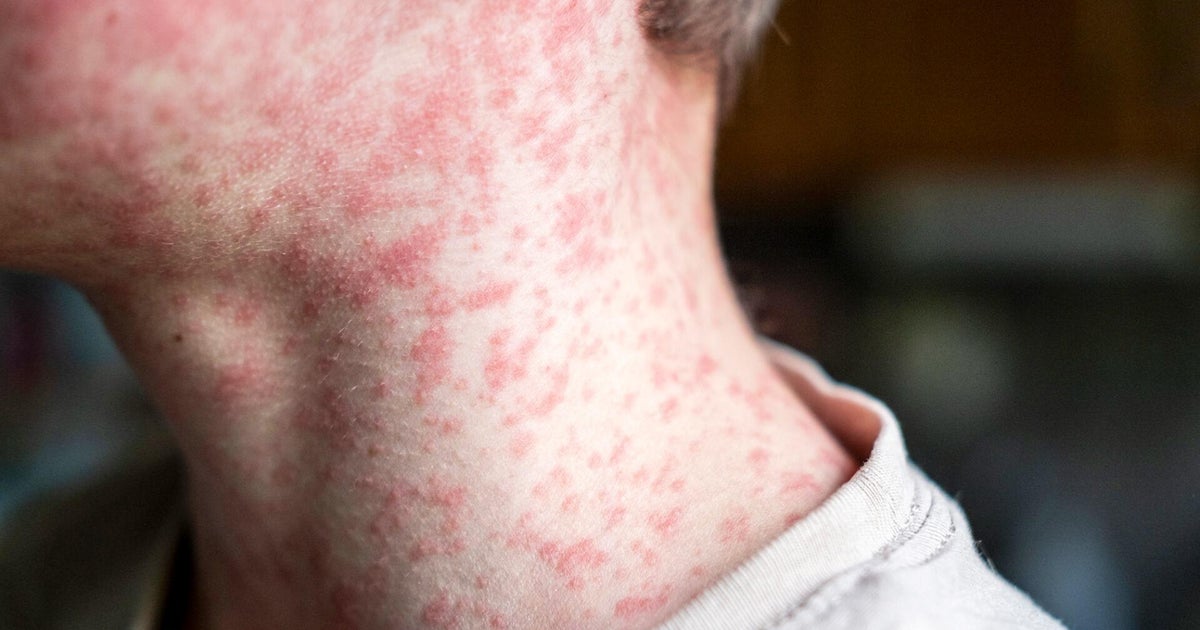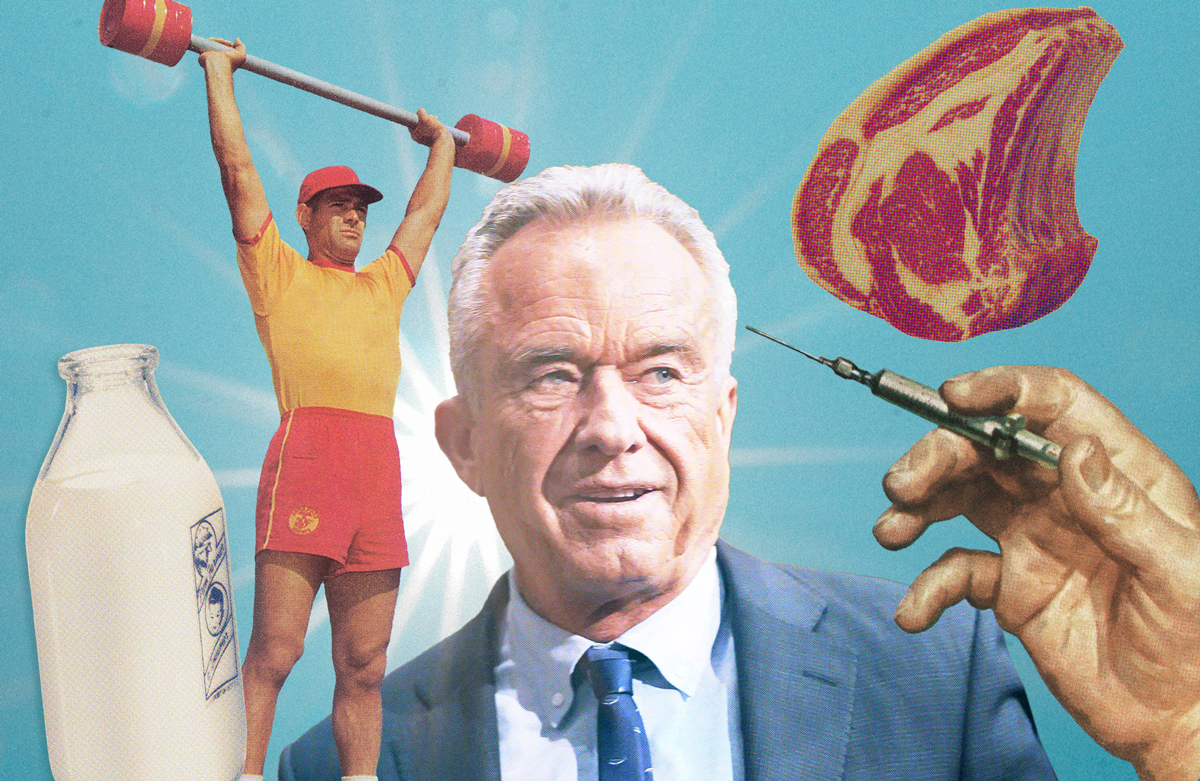E. coli symptoms and early signs to know after McDonald's linked to outbreak
McDonald's Quarter Pounder hamburgers have been linked to an outbreak of E. coli, a bacteria that can make people sick.
The outbreak has killed one person in Colorado, according to the U.S. Centers for Disease Control and Prevention. It has also affected at least 104 people across 14 states.
Following actions taken by McDonald's and its onion supplier Taylor Farms, the CDC believes the risk to the public is "very low," the agency shared in an update in late October.
The U.S. Food and Drug Administration said illnesses started on dates ranging from Sept. 27 to Oct. 10. Of those infected, 4 people developed hemolytic uremic syndrome, a serious condition that can cause kidney failure, the agency shared in a previous update.
Early information analyzed by the FDA showed that uncooked slivered onions used on the burgers "are a likely source of contamination," the agency said.
The FDA continues to believe that slivered onions from a single supplier are the likely source of contamination, McDonald's said in a statement. In October, the company said it will resume selling the Quarter Pounder at affected restaurants — without slivered onions — in the coming week, after testing by the Colorado Department of Agriculture ruled out the beef patties as the culprit.
All other menu items are unaffected, according to the company.
What states have McDonald's affected by E. coli outbreak?
McDonald's said it has removed Quarter Pounders in 12 states — Colorado, Idaho, Iowa, Kansas, Missouri, Montana, Nebraska, Nevada, New Mexico, Oklahoma, Utah and Wyoming — meaning it's stopped selling the product at about one-fifth of its U.S. restaurants.
The CDC said the outbreak may not be limited to the states with known illnesses, either.
"The true number of sick people is likely much higher than the number reported. This is because many people recover without medical care and are not tested for E. coli," the agency wrote.
Symptoms and early signs of E. coli
E. coli symptoms usually start about two to seven days after exposure, CBS News chief medical correspondent Dr. Jon LaPook said on the "CBS Evening News" Tuesday.
Symptoms can include:
- Diarrhea
- Fever
- Abdominal cramping
- Vomiting
- Feeling dehydrated or dizzy
If you ate a Quarter Pounder and have any of these symptoms, contact your health care provider, the CDC advises.
"Especially if you have fever over 102, you can't keep liquids down or your symptoms are lasting more than three days," LaPook said.
How does E. coli spread?
People can get infected with E. coli by ingesting it.
"This can happen through contaminated food or water or contact with animals, environments, or other people," the CDC's website notes.
The best way to prevent infection is by keeping your hands clean, preparing food safely and drinking safe water, the agency adds.
Dr. Céline Gounder, a CBS News medical contributor and editor-at-large for public health at KFF Health News, said it's important to understand this is a multistate outbreak.
"This is the result of having a highly industrialized processed food supply, which also means that your food is getting processed at different places at different points in time, each of which creates an opportunity for the introduction of some contaminant, whether that's E. coli or listeria or something else," she said. "All of these recent food contamination events are a signal to us that we do need to be paying a bit more attention to testing in some of these facilities."
Is E. coli deadly?
"Most E. coli are harmless and are part of a healthy intestinal tract. E. coli help us digest food, produce vitamins, and protect us from harmful germs. But some E. coli can make people sick with diarrhea, urinary tract infections, pneumonia, sepsis, and other illnesses," the CDC says.
For example, certain E. coli infections can lead to a serious health condition called hemolytic uremic syndrome, or HUS, which can cause kidney failure, permanent health problems and death, according to the CDC.
Certain people are also at increased risk for E. coli infection, including:
- Children under 5
- Adults 65 and older
- People with weakened immune systems
- International travelers
What causes E. coli?
There are a number of ways an E. coli contamination can occur, Gounder said.
In meat, contamination can come from the bacteria that are in the intestines.
"E. coli reside in the intestine, so that's one way in which you can have that contamination occur," she said. "But also people who have not perhaps washed their hands properly (or) the facility."
Jack in the Box hit by E. coli outbreak in 1990s
McDonald's isn't the first fast food chain to be affected by a fatal E. coli outbreak.
An E. coli strain caused four people to fall ill and die after an outbreak impacted dozens of Jack in the Box restaurants in the early 1990s.
Among the deaths was the 1-year-old son of Darin Detwiler, who is now a food safety advocate.
"I would imagine that the conversation around food safety is going to change within the industry after the news of McDonald's outbreak," he told CBS News. "Not because the ingredient, not because of the specific pathogen or the numbers, but because of that idea of no company is immune."
In 2015, Chipotle also dealt with an E. coli outbreak that sickened about 40 people in the Northwest.



